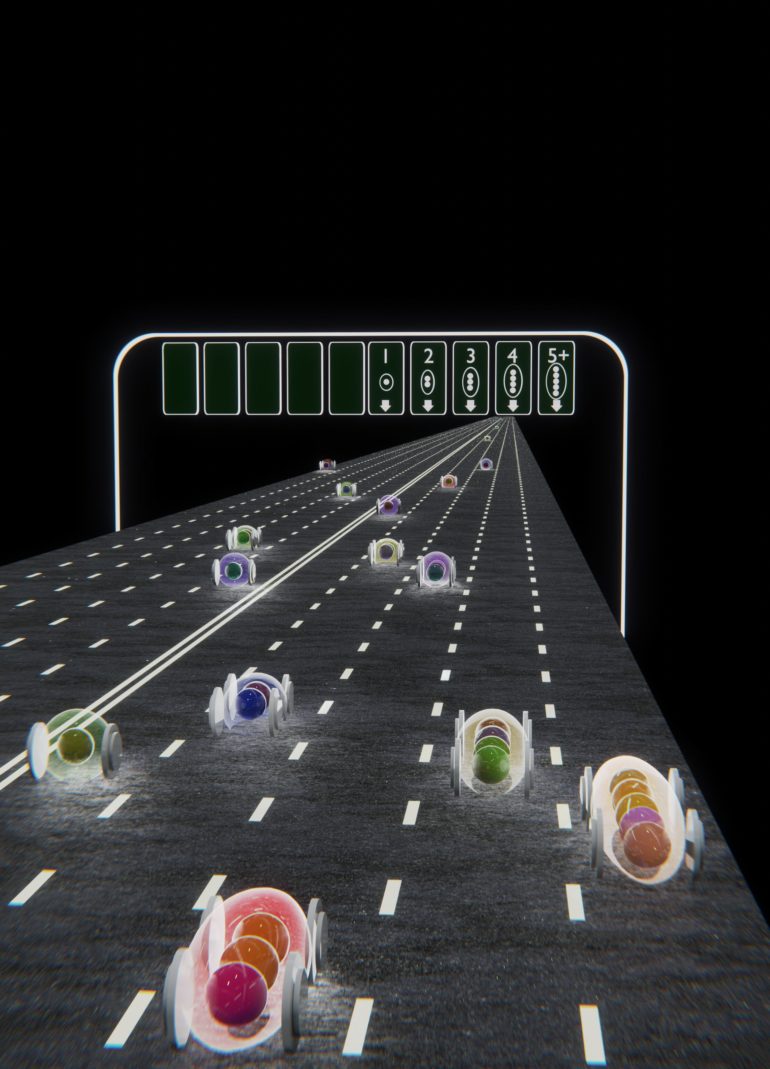A research team led by professors from the University of Pittsburgh Department of Physics and Astronomy has announced the discovery of a new electronic state of matter.
Jeremy Levy, a distinguished professor of condensed matter physics, and Patrick Irvin, a research associate professor are coauthors of the paper “Pascal conductance series in ballistic one-dimensional LaAIO3/SrTiO3 channels.” The research focuses on measurements in one-dimensional conducting systems where electrons are found to travel without scattering in groups of two or more at a time, rather than individually.
The study was published in Science on Feb. 14.
“Normally, electrons in semiconductors or metals move and scatter, and eventually drift in one direction if you apply a voltage. But in ballistic conductors the electrons move more like cars on a highway. The advantage of that is they don’t give off heat and may be used in ways that are quite different from ordinary electronics. Researchers before us have succeeded in creating this kind of ballistic conductor,” explained Levy.
“The discovery we made shows that when electrons can be made to attract one another, they can form bunches of two, three, four and five electrons that literally behave like new types of particles, new forms of electronic matter.”
Levy compared the finding to the way in which quarks bind together to form neutrons and protons. An important clue to uncovering the new…



